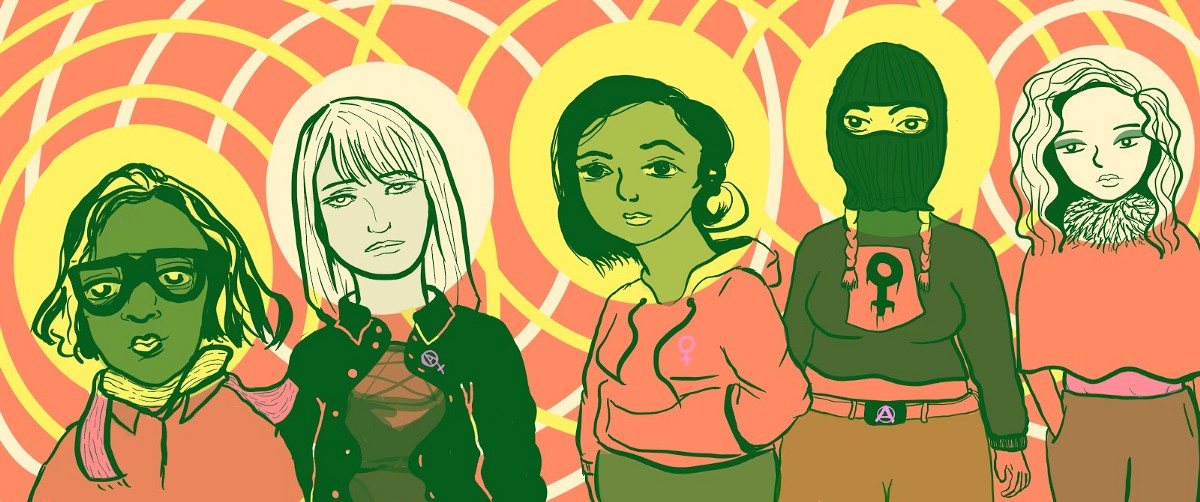Permanently Deleted
We saw that certain militants leveraged their social capital to wield influence within BRRN. This soft power accumulated when skills and information were not passed on to newer militants who were subsequently unable to access full organizational participation. Soft power was mostly exerted by men who often worked together to evade challenges to their behavior. This took many forms: not responding to criticisms or call-outs, claiming ignorance while dodging accountability, characterizing challenges as misunderstandings rather than political disagreements, and, in the lead up to our mass departure, spreading rumors and attacking the characters of those who spoke out. [...] The weaponization of bureaucratic processes became a key method in maintaining soft power within BRRN. Meetings were strategically stacked with supporters in order to block or smother a competing political position, opinion, or proposal. Instead of embracing open debate, some militants relied on backchannel chat groups to coordinate talking points and arguments as an organized and undisclosed faction. In the Feminist Document, we expressed concern about the over-reliance on bureaucracy to solve deeper problems, especially those arising from our patriarchal internal culture.

